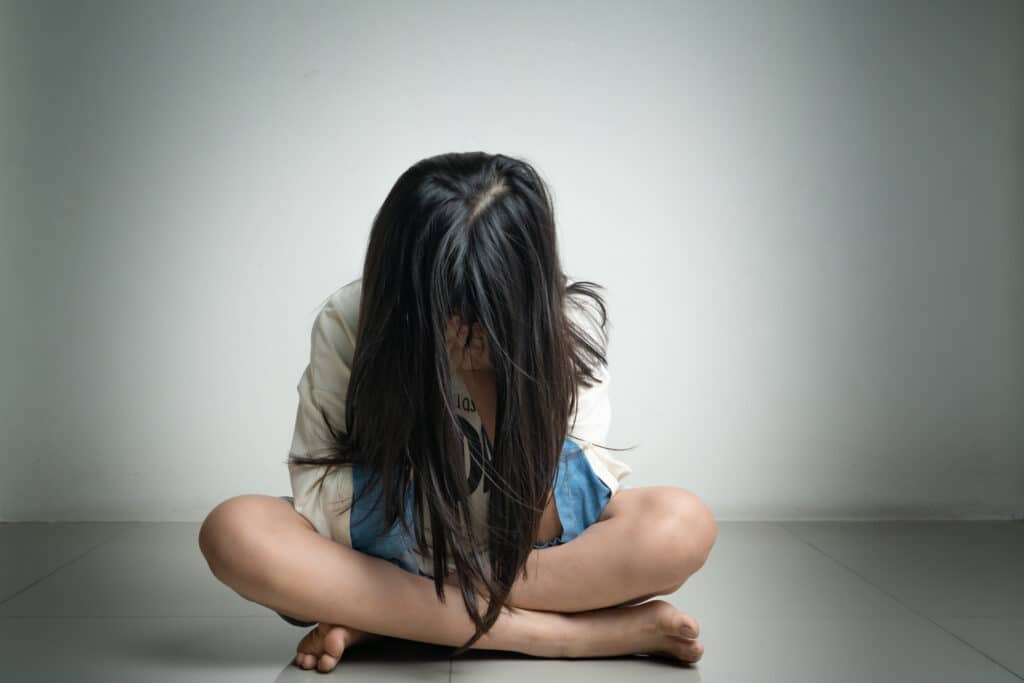Tom Lemons, Legal Correspondent
September 11, 2020
FLORIDA – Divorce is never a pleasant experience, some worse than others, but since the onset of the Coronavirus pandemic, the number of couples calling it quits has nearly doubled. According to relationship expert Coach Lee Wilson, there has been a 31% increase in strained relationships and a 34% increase in divorces filings, compared to this time last year.
There are a number of factors that cause increases in divorce filings, but the pandemic has triggered unparalleled chaos with families who are already facing typical relationship challenges. State mandated quarantines and social distancing guidelines have led to increased unemployment and school closings, which places unprecedented economic strain on couples and their children. Combine that with illness and death of loved ones, and spending nearly 24/7 in close quarters with one another, and even the most resilient marriages are at risk of catastrophic failure.

Request a Free Consultation
Children suffer the most from divorce, but eliminating school, extracurricular activities and social interaction can cause irreparable harm to developing personalities, emotions, and behavior. I spoke with Dr. Mitchell Kroungold, a forensic psychologist, specializing in family and dependency cases and he says although most people have adapted to “the new normal,” we may not realize how much it has affected our mental health. Dr. Kroungold says, “Children are little people. Those who are normally very active in sports or extracurricular activities are becoming depressed, irritable, argumentative, and defiant.” Dr. Kroungold goes on to say, “Some of them who are developing athletes, all of the sudden, who knows what’s going to happen in terms of their athletic performance and their self-esteem, and relating to their friends…”
If marriages collapse during today’s tumultuous times, Dr. Kroungold says the damage to children can be compounded and become more severe. Dr. Kroungold explains, “It varies considerably by age, but the younger the child the more difficult the adjustment. One of the best predictors of a child’s adjustment during a divorce is the ability of the parents to communicate effectively with a child.” Dr. Kroungold says, “With infants you are likely to see crankiness, disruptions in schedules, and disruptions in sleep and eating habits. With toddlers you sometimes see separation anxiety, where a child has difficulty separating from one of the parents. Many times, this can be mistaken for parental alienation by the affected parent. Preschool children can become more oppositional and defiant. Elementary grade children, between the ages of 5 to 8 years old can become sad and preoccupied with reconciliation fantasies, meaning they wish their parents were back together. 9 and 10-year-olds may display increased anger and sometimes disruptions in peer relationships. There is a very high percentage of children suffering grade reduction and performance. Between the ages of 11 and 12, there may be increases in defiance and argumentative behavior.”
There are multiple issues that can determine the severity of problems children may suffer as a result of divorce. Dr. Kroungold says domestic violence and verbal abuse can magnify existing problems, but so can factors like preexisting mental health or developmental issues. “Children who have ADHD or are on the autistic spectrum may need consistency and structure, whereas many kids may be able to handle a pattern of time-sharing, kids with special needs often have increased difficulty doing that,” says Dr. Kroungold. He goes on to say, “Parents should be cognizant of the child’s needs throughout a divorce, especially when developing a time-sharing plan.”
Like any natural disaster, the total damage associated with the Coronavirus pandemic cannot be fully measured until a vaccine is available and families can return to some semblance of their prior routines. Until then, Attorney Howard Ellzey recommends couples do their best to weather the storm and says, “Smart people will set aside their acrimony and hate and focus on the mechanics and technicalities, such as equitable distribution, alimony, time-sharing, and child support. Unfortunately, some people prefer to wallow in their bitterness for the purpose of hurting the other party.” Ellzey says, “Make sensible decisions so you can focus on what is really most important – the welfare of your children.”

